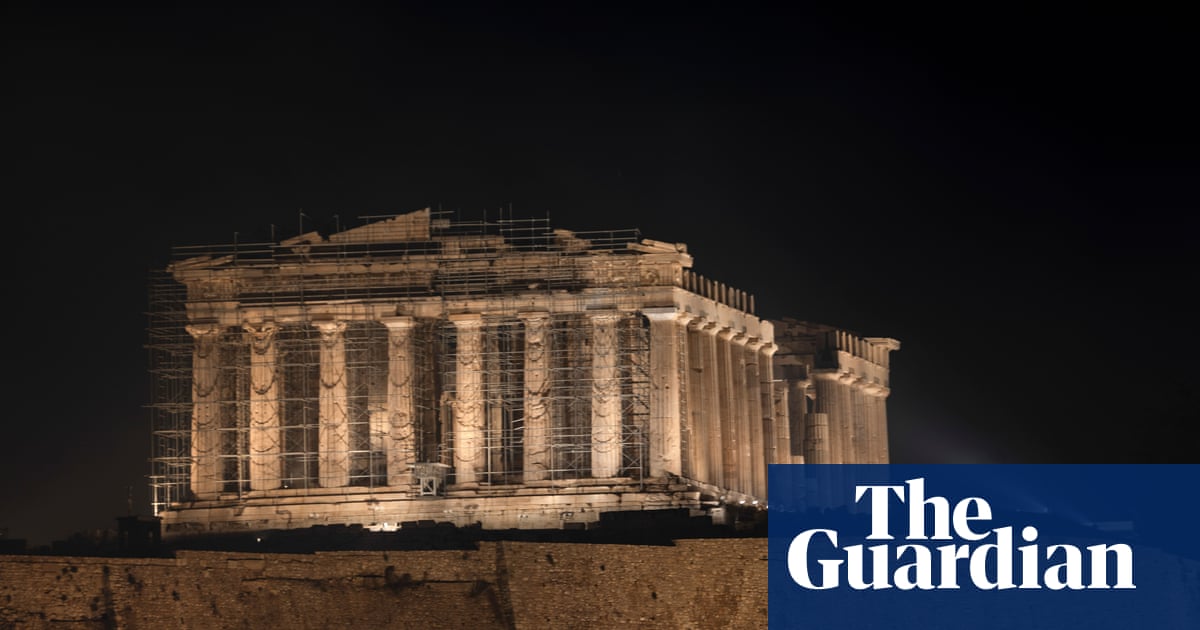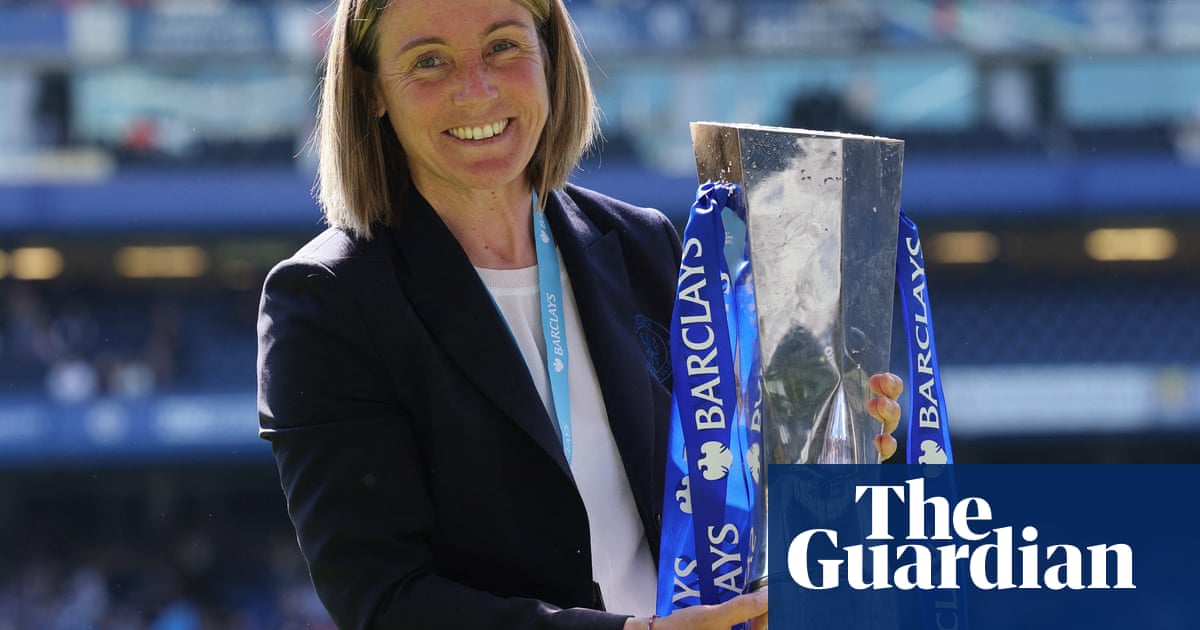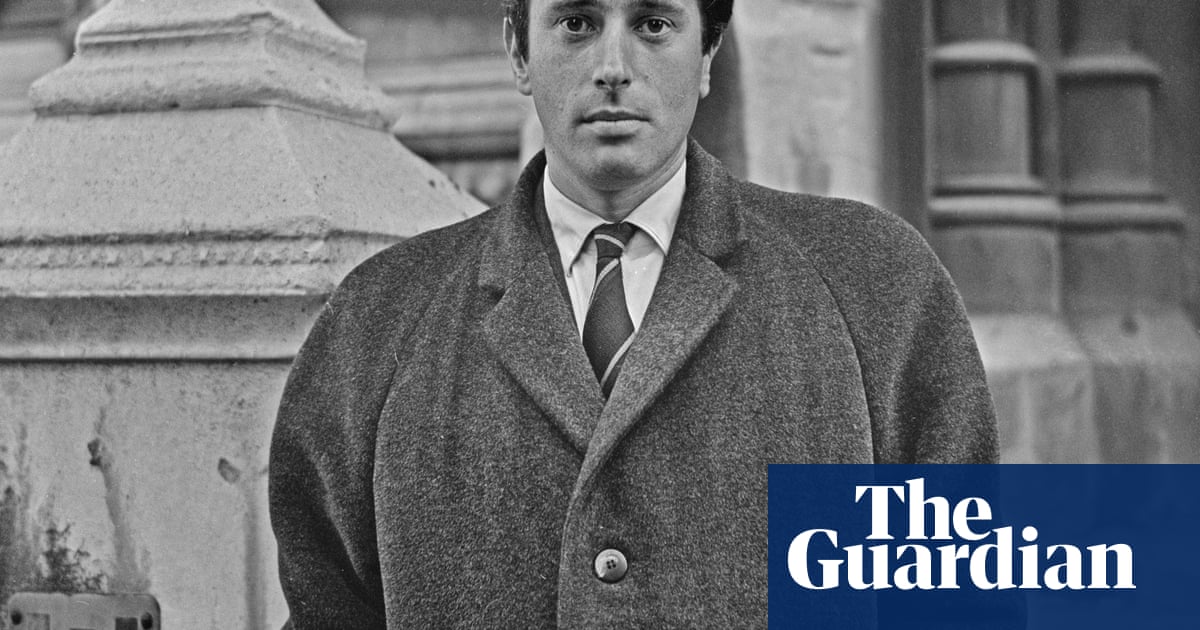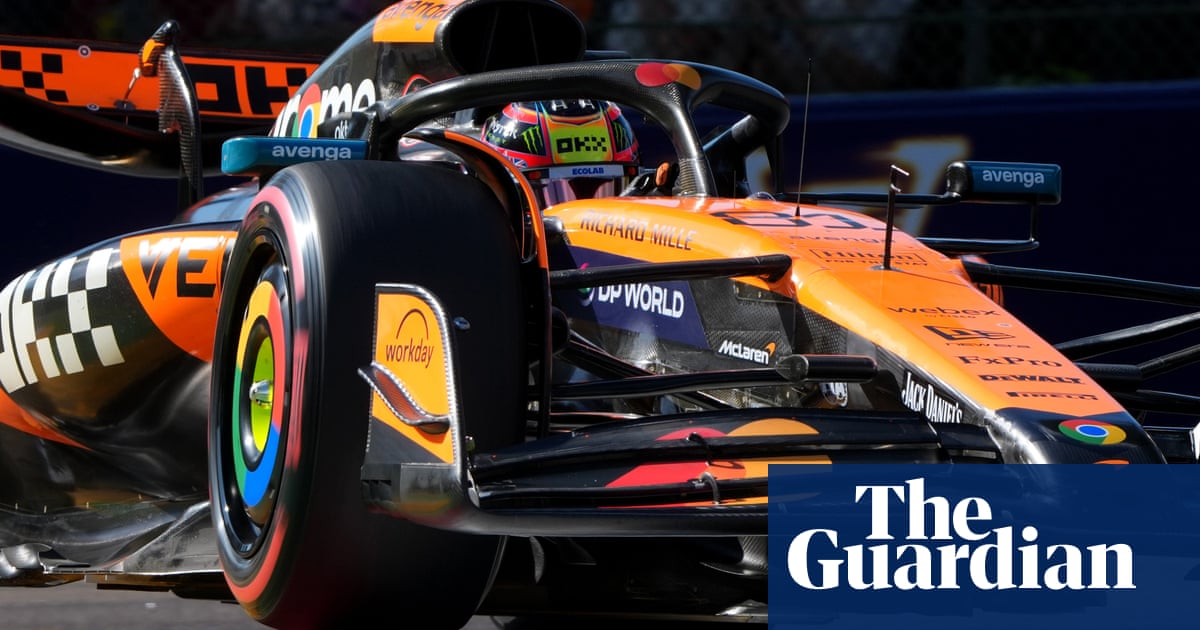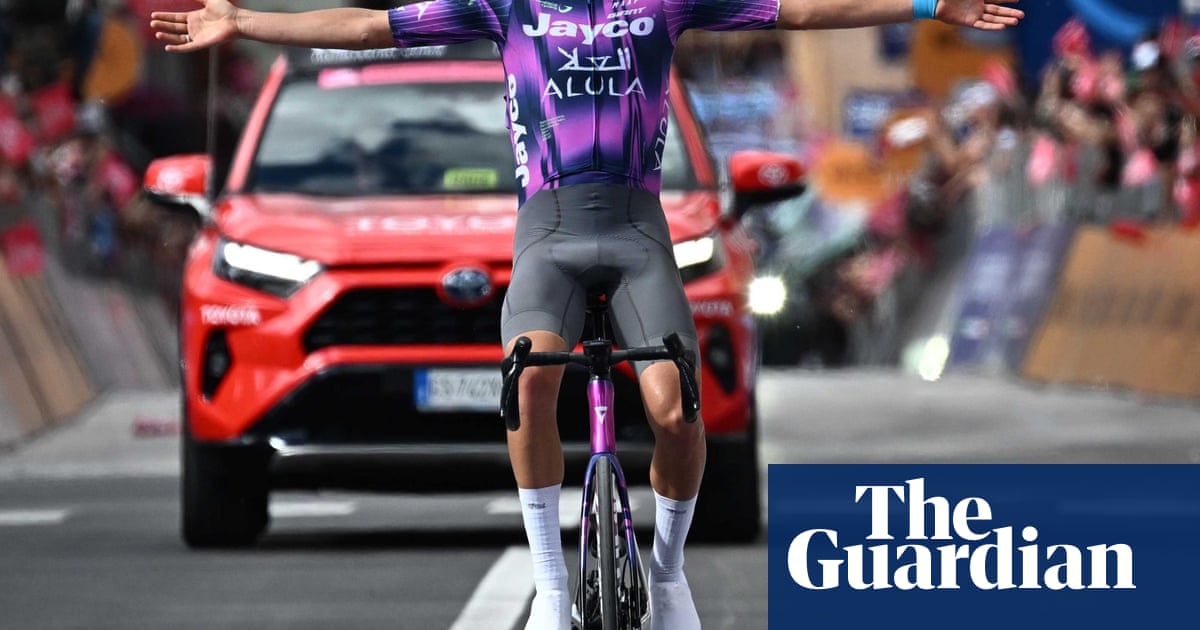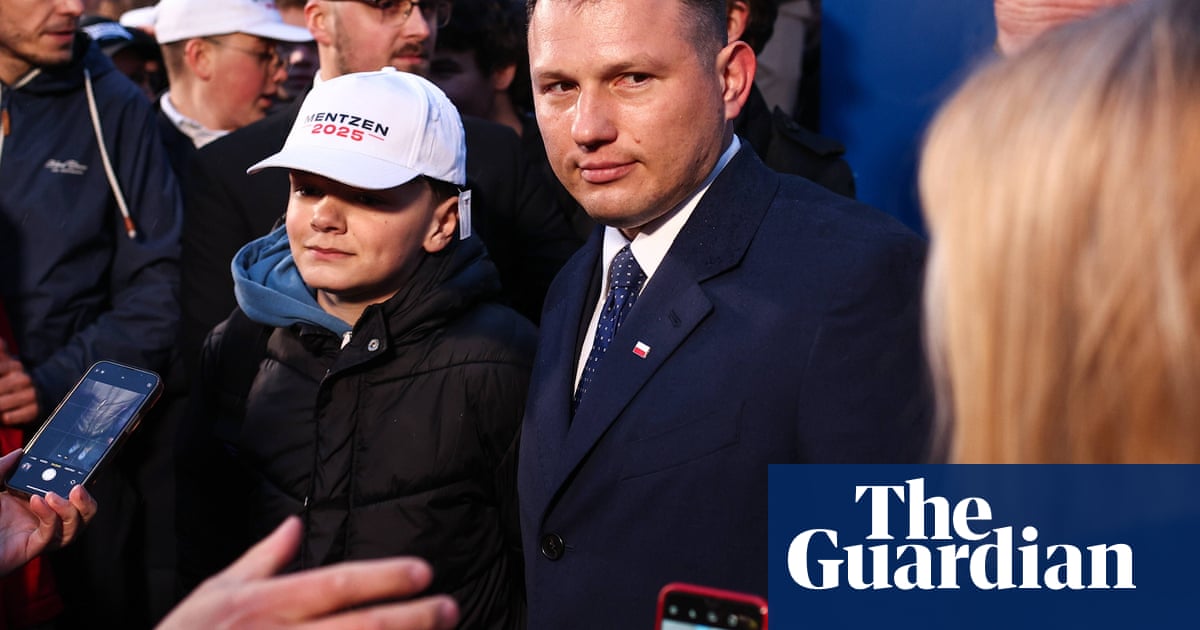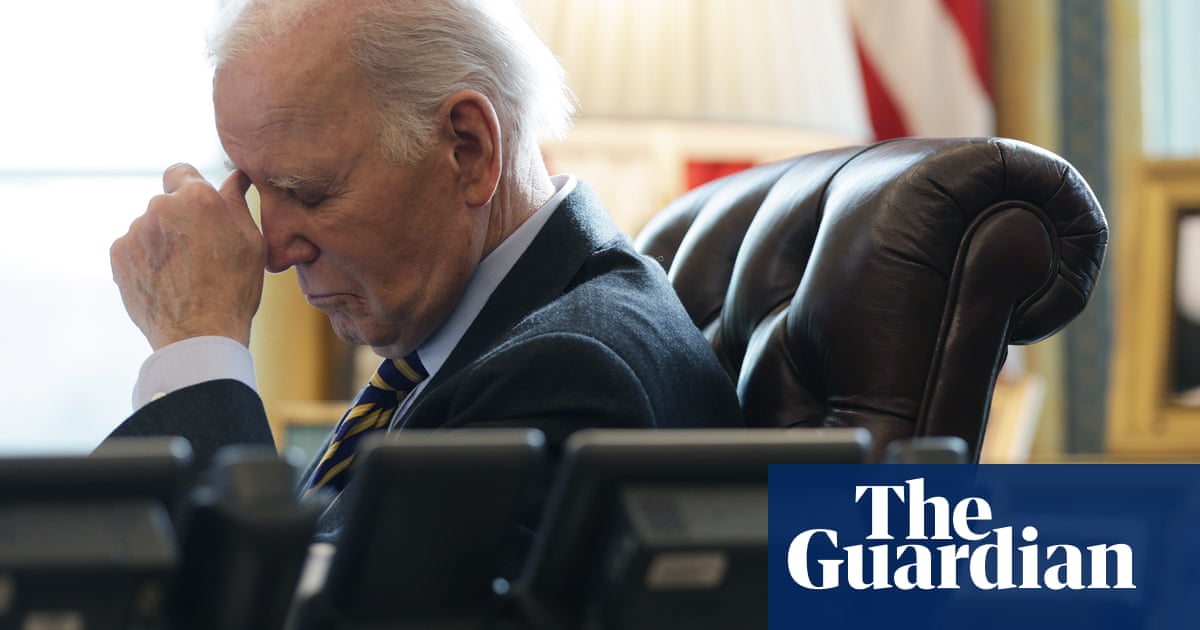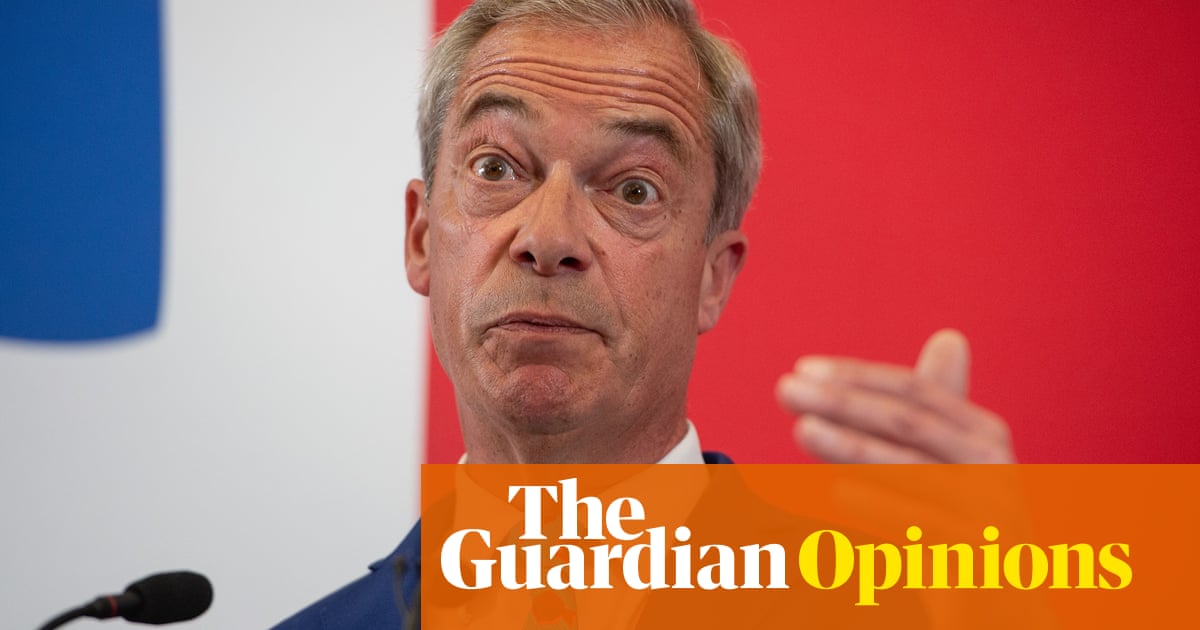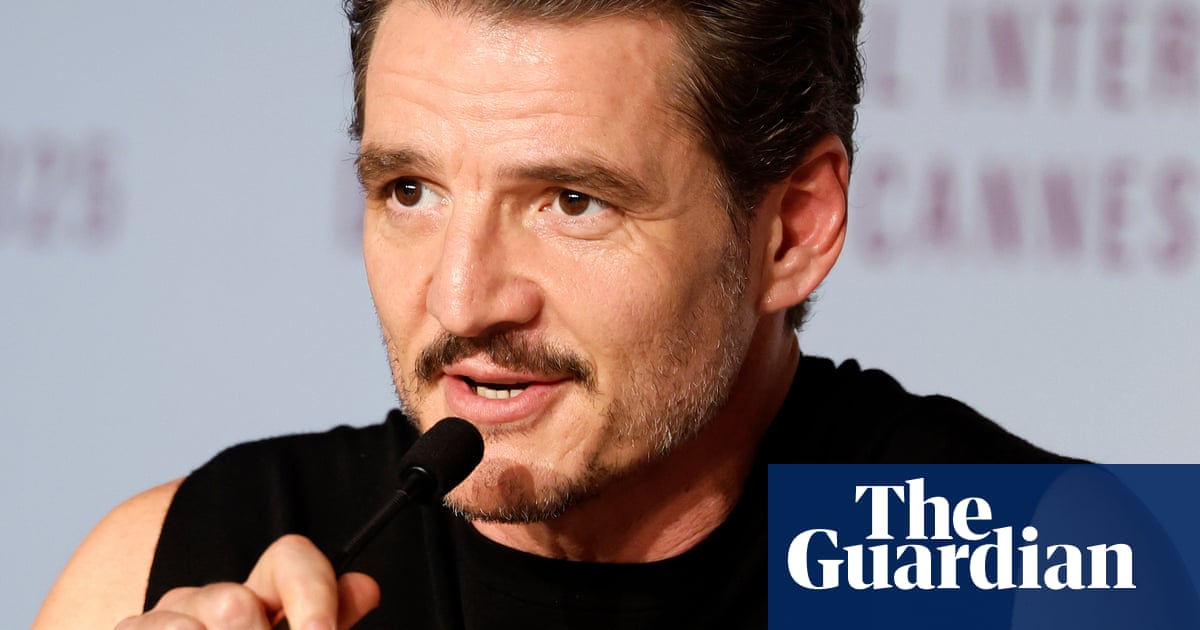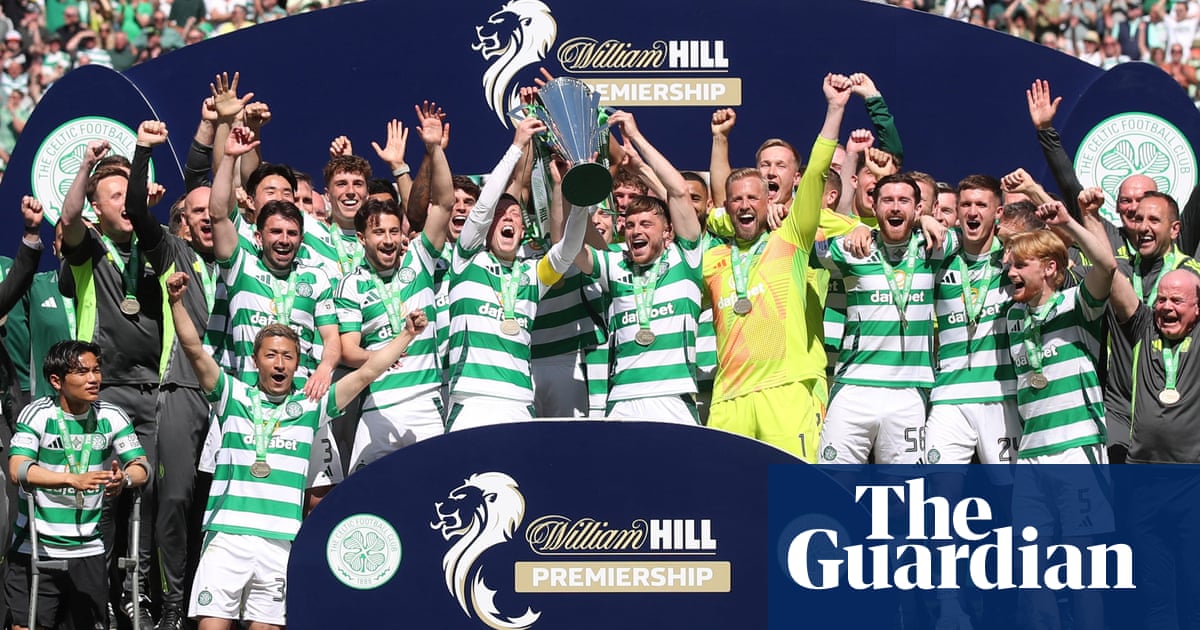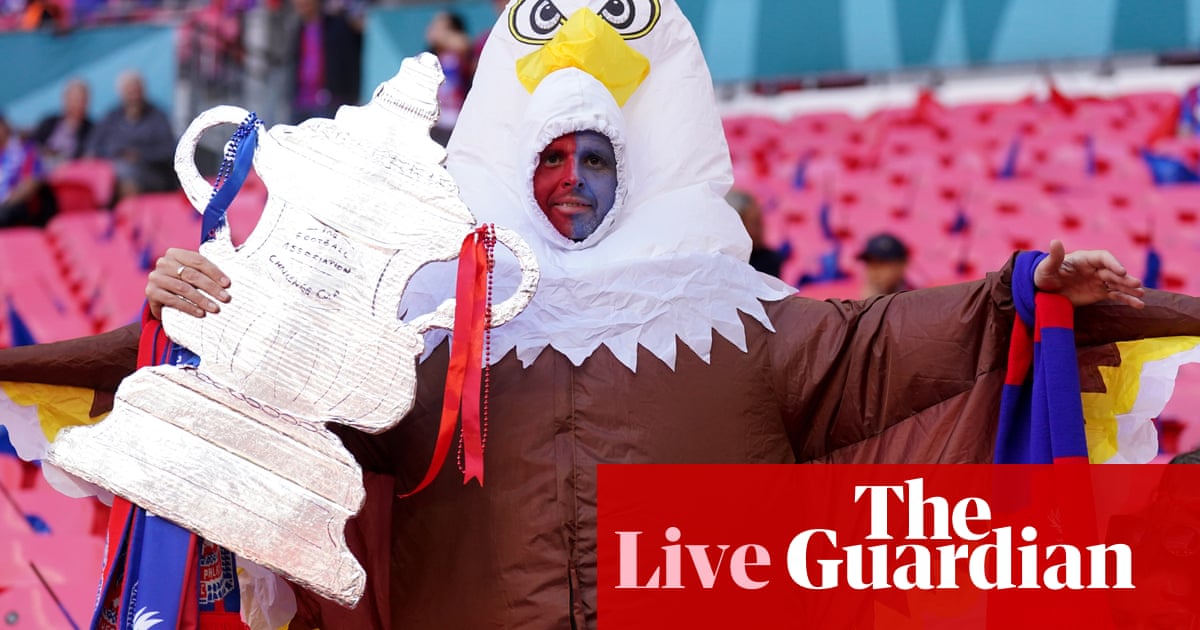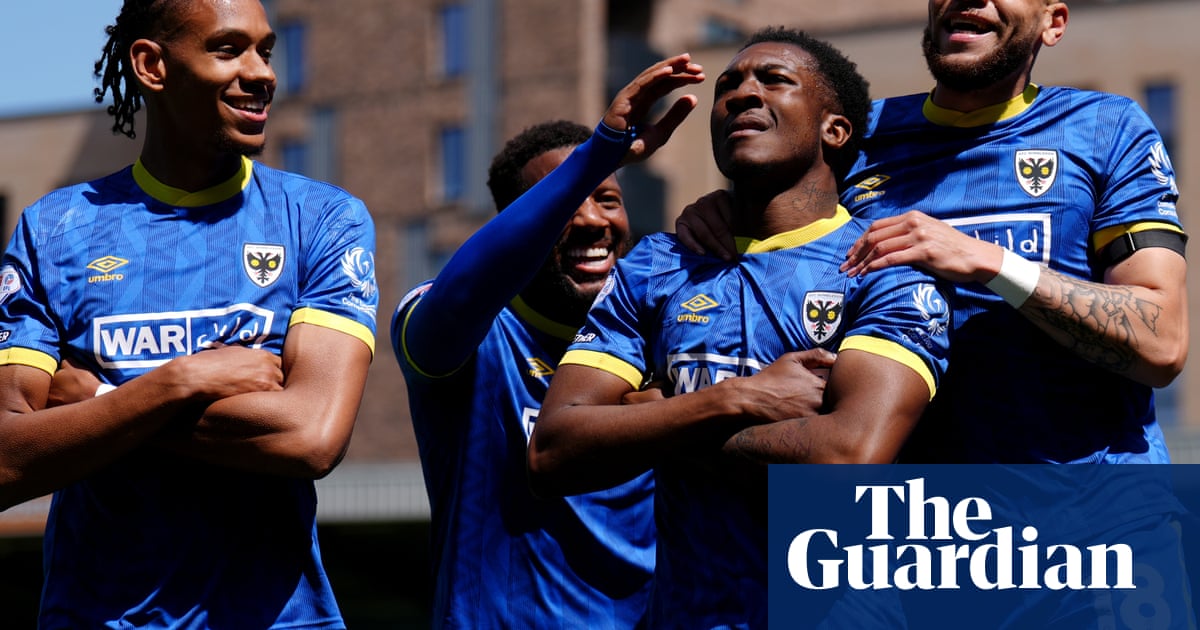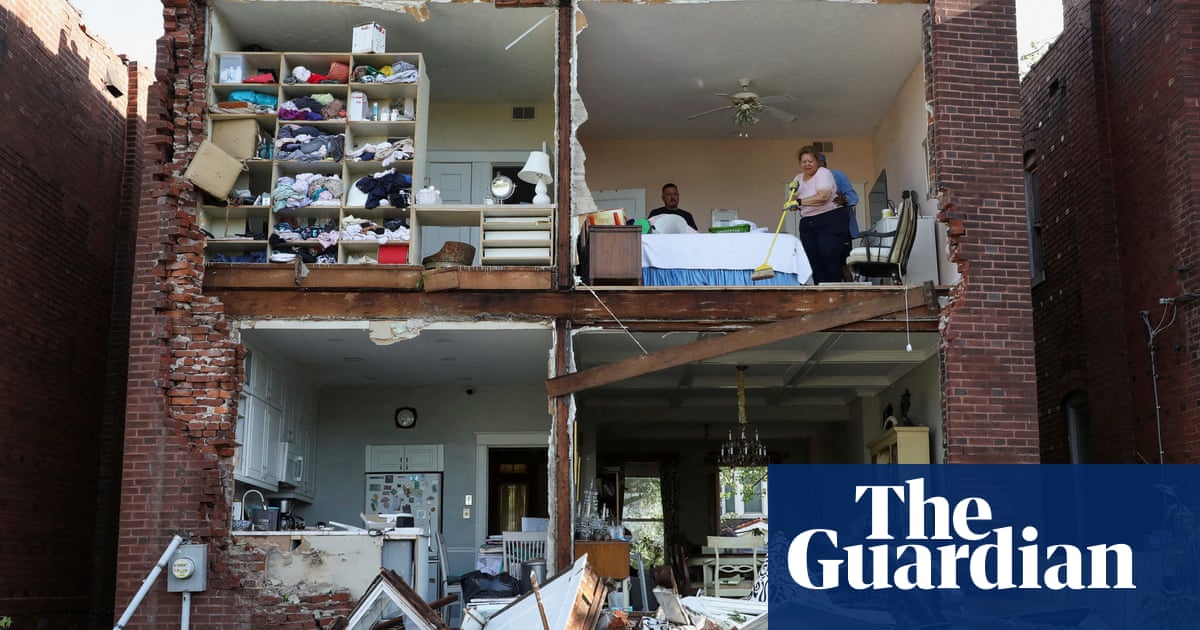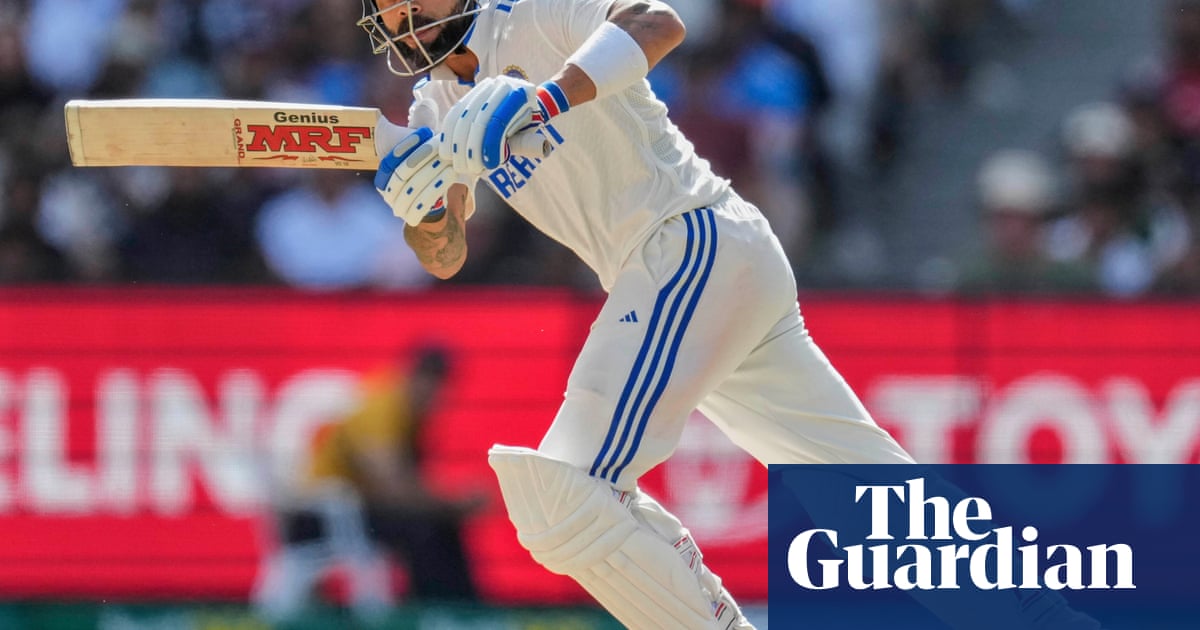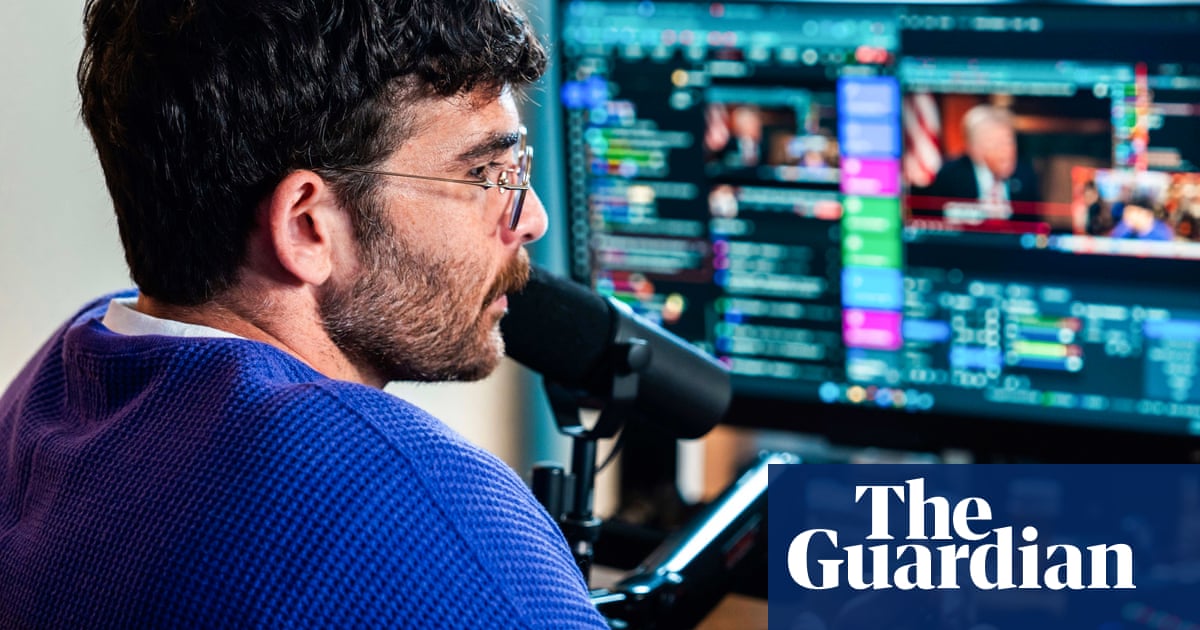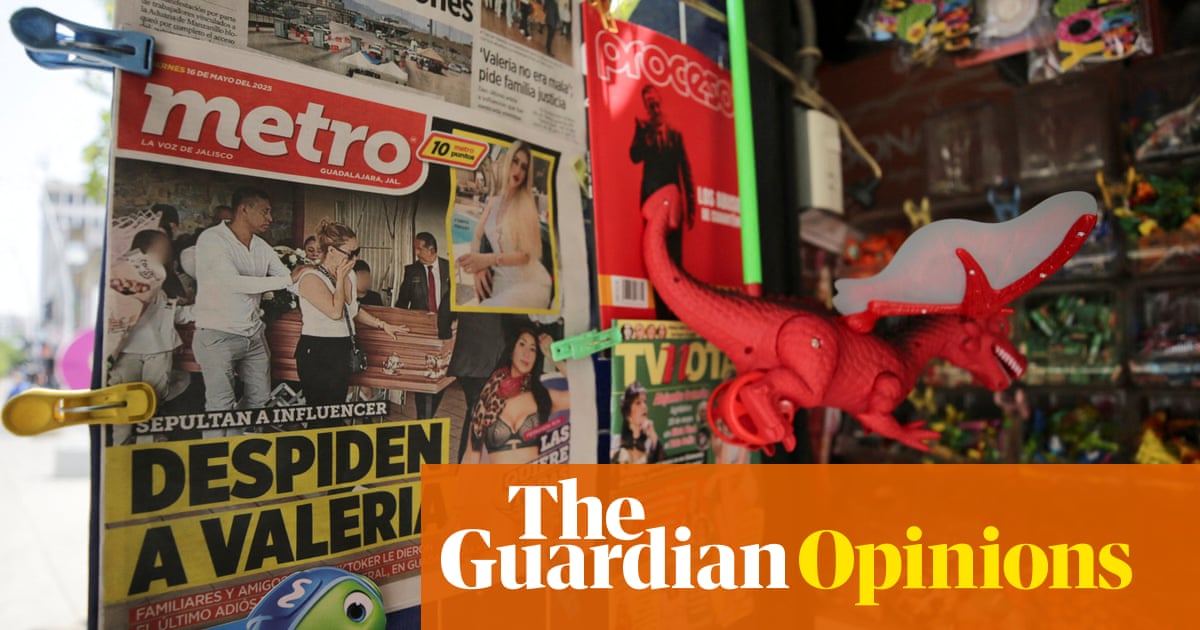Peter the Great’s long war against Sweden – a grinding conflict that claimed countless Russian lives – is rarely held up as a model for modern diplomacy. Yet behind closed doors on Friday, during the first direct peace talks with Ukraine in three years, Russia’s lead negotiator, Vladimir Medinsky, cited it as an explicit warning: Moscow was prepared to fight for as long as it took.
Just like when Russian troops rolled into Ukraine in 2022, the Great Northern War in the early 18th century began with humiliating defeats for Moscow. The tsarist Russian army was ill-prepared, poorly armed and easily outmanoeuvred. But instead of backing down, Tsar Peter I dug in. He conscripted peasants by the tens of thousands, poured resources into rebuilding his army, and waited. Twenty-one years later, he emerged victorious.
“We don’t want war, but we are ready to fight for a year, two, three – as long as it takes. We fought with Sweden for 21 years. How long are you ready to fight?” Medinsky is said to have told his Ukrainian counterparts, many of them dressed in military fatigues, inside the Dolmabahçe Palace, a grand residence on the European shore of the Bosphorus.
Through his talking heads, Vladimir Putin made apparent on Friday that his core demands remain unchanged since the war began: Kyiv must cede territory, including giving up land it currently holds, drastically reduce its armed forces, and guarantee it will never join Nato or host western troops on its soil.
At the heart of Russia’s war in Ukraine is Putin’s distorted reading of history – so it was little surprise when Medinsky, a self-styled historian, reached for rogue historical analogies to justify the invasion. Nor would it be the first time Putin has cast himself in the image of Peter the Great.
In the summer of 2022, Putin drew a parallel between what he portrayed as their twin historic quests to win back Russian lands. “Peter the Great waged the Great Northern War for 21 years. It would seem that he was at war with Sweden, he took something from them. He did not take anything from them, he returned [what was Russia’s],” Putin said while visiting an exhibition dedicated to the tsar.
“Apparently, it is also our lot to return [what is Russia’s] and strengthen [the country.]
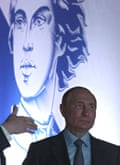
The highly anticipated talks in Istanbul on Friday lasted less than two hours and ultimately ended in failure. Ukraine’s central demand for a ceasefire went unmet. The only concrete outcome was an agreement for both sides to exchange 1,000 prisoners of war.
Russia’s message was clear: give in now, or we will come back for more later.
An ecstatic Margarita Simonyan, the propagandist and founder of the state-controlled news organisation RT, claimed the Russian delegation had warned Ukraine that if it refused to settle now, Moscow would no longer limit its demands to the four occupied regions and Crimea.
“Next time it will be eight [regions],” she wrote on X.
Putin’s confidence is fuelled by Russia’s slow but steady gains on the battlefield, Europe’s faltering response, and a domestic economy increasingly geared for a long war.
In a recent article, Vladimir Inozemtsev, a leading independent Russian economist, estimated that Russia had no problem keeping up the current war expenses for at least another 18 months.
“The war with Ukraine is Putin’s priority … funding military programmes will remain the economy’s main task for an indefinite period,” Inozemtsev wrote.
Some may argue that the mere fact that the talks in Turkey took place was an achievement in itself. The meeting began 24 hours later than planned, following a day of confusion and political theatrics. For much of Wednesday, the question was whether the parties would meet at all. The mid-level Russian delegation – which Volodymyr Zelenskyy dismissed as “theatre props” – finally arrived in Istanbul on Thursday morning.
Outside the palace, a horde of reporters crowded a side entrance, forcing bewildered tourists and commuters to find alternative routes around the media scrum.
But the Ukrainian president and his team were camped out in Ankara, where Zelenskyy appeared weary and tense as he addressed journalists at his country’s embassy. He paused before answering questions, careful not to say anything that might provoke another outburst from Donald Trump. Under mounting pressure from the US president, Zelenskyy eventually relented, dispatching a delegation to Istanbul on Thursday evening, led by his defence minister, Rustem Umerov.
Zelenskyy has spent the last few weeks accommodating various US demands to demonstrate his willingness to pursue peace. “Trump’s position is to put pressure on both sides … Step by step, we have demonstrated our readiness for peace, agreeing to many different compromises,” he said. “You have to pressurise the side that does not want to end the war.”
But so far, his charm offensive has had little effect. On Thursday, Trump undercut the talks by declaring that “nothing is going to happen” until he meets with Putin personally.
Instead of criticising Russia for sending a low-level delegation to Turkey and stalling the talks, Trump praised his “good relationship” with Putin in an interview with Fox News late on Friday, insisting the Russian leader was “at the table” – despite Putin choosing not to attend.
Ukraine will cling to Trump’s pledge on Friday to impose sanctions on Russia if no deal is reached. But analysts warn that sanctions alone are unlikely to shift the Kremlin’s course; what Ukraine urgently needs is significantly more military aid.
While Kyiv walked away largely empty-handed, the biggest blow arguably fell on Europe’s so-called coalition of the willing, led by the UK, France, Poland and Germany.
The week opened with four European leaders in Kyiv, standing shoulder to shoulder with Zelenskyy as they delivered a message to Putin: agree to a ceasefire now, or face coordinated pressure from Europe and Trump – including sanctions and other punitive steps.
By the end of the week, there was no ceasefire and no sanctions. In a characteristically vague response to the collapse of the talks, they pledged to “align our actions” going forward.
Moscow reacted in familiar fashion. Hours after the talks finished, a Russian attack hit a bus in Ukraine’s Sumy region, killing at least nine people and injuring four, the head of a local military administration said.
The deadly strike was preceded by yet another historical parallel from Medinsky. Speaking to a Russian state reporter after the Istanbul talks, Medinsky declared Russia had no intention of stopping its assault on Ukraine
“As Napoleon said, as a rule, war and negotiations are always conducted at the same time,” Medinsky said.
Unsurprisingly, the quote appears to have been made up.

 5 hours ago
5
5 hours ago
5
